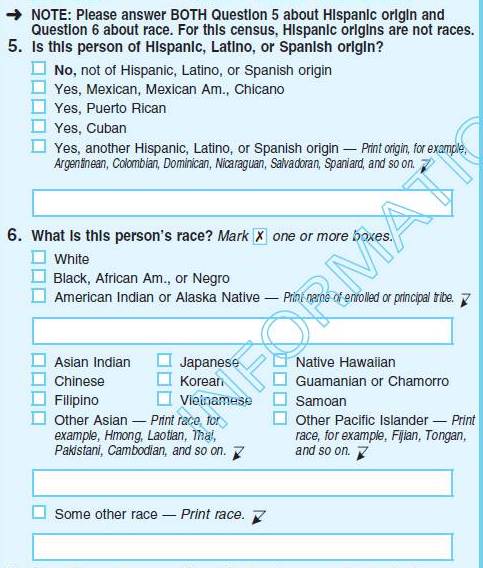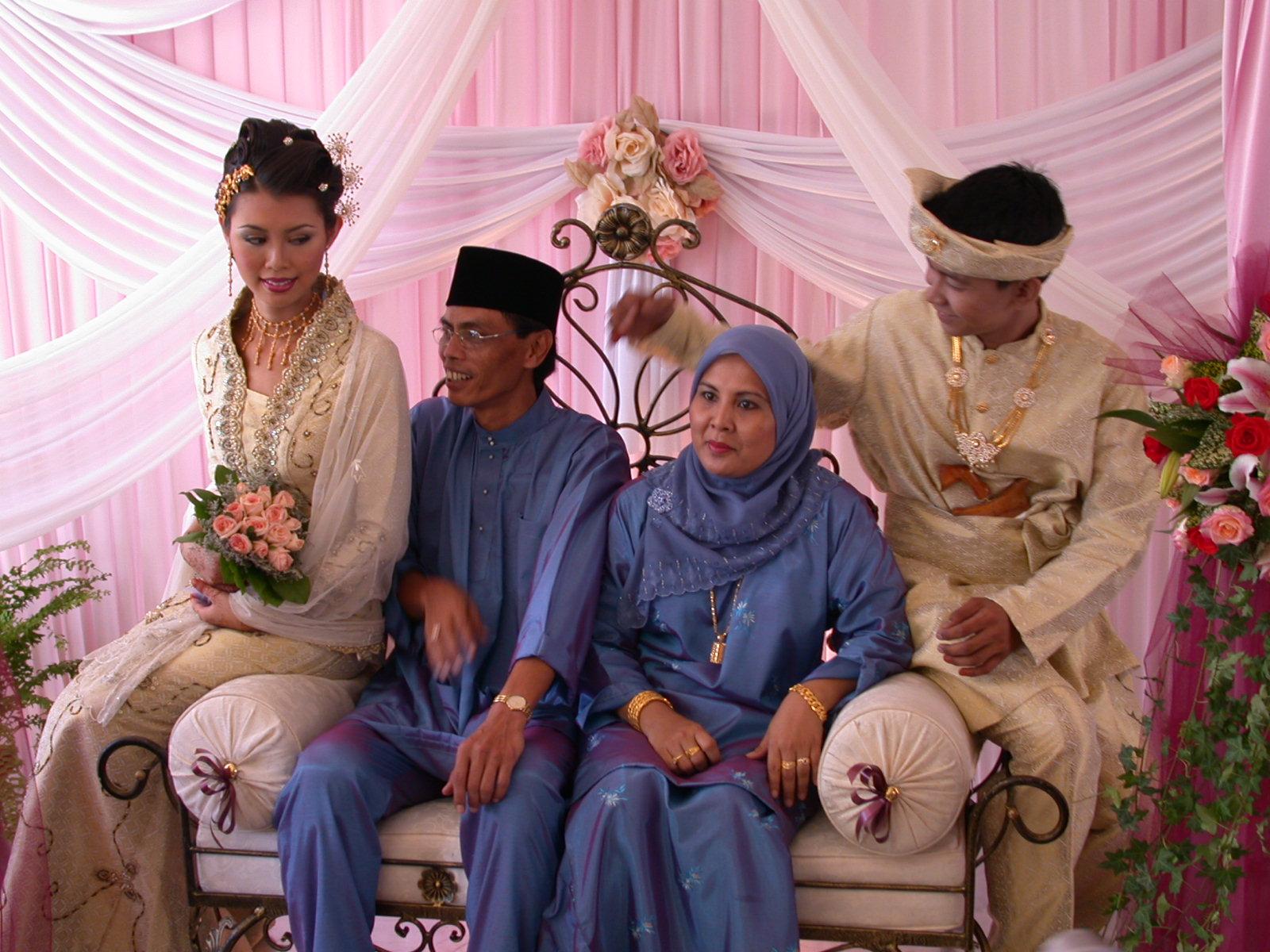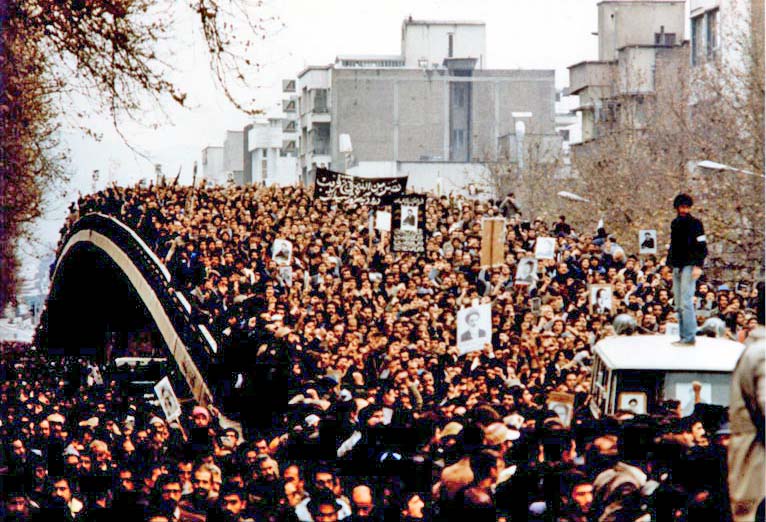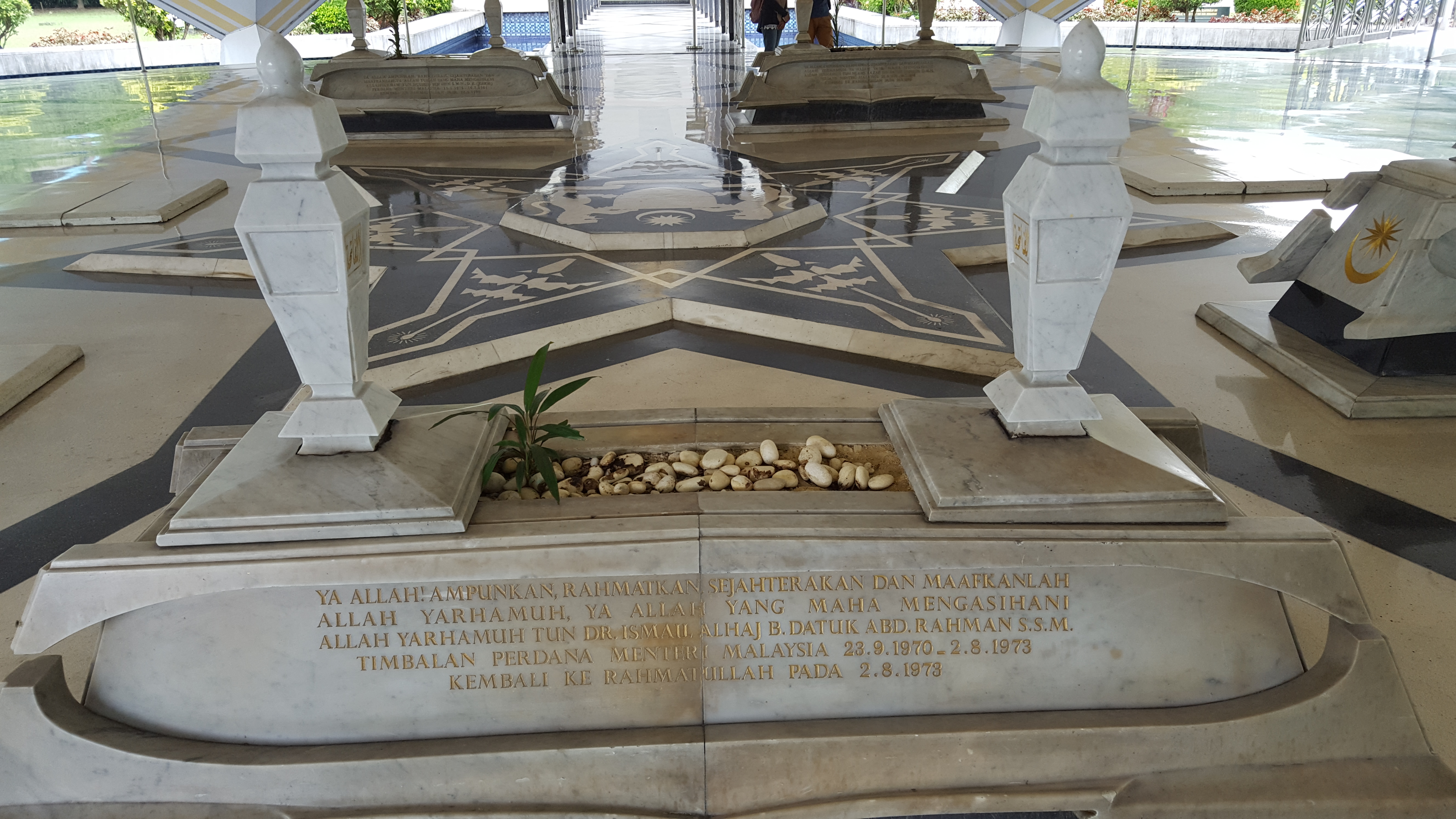|
1964 Race Riots
The 1964 race riots in Singapore involved a series of communal race-based civil disturbances between the Malays and Chinese in Singapore following its merger with Malaysia in 1963, and were considered to be the "worst and most prolonged in Singapore's postwar history". The term is also used to refer specifically to two riots on 21 July 1964 and 2 September 1964, particularly the former, during which 23 people died and 454 others suffered severe injuries. The riots are seen as pivotal in leading up to the independence of Singapore in 1965, its policies of multiracialism and multiculturalism, and to justify laws such as the Internal Security Act. Political context from 1963 to 1964 Singapore's union with Malaysia in 1963 16 September 1963 marked the year of Singapore's merger with Malaysia for economic and security interests as the former lacked the natural resources for survival. Malaysia's Prime Minister Tunku had initially rejected Lee Kuan Yew's proposal for a me ... [...More Info...] [...Related Items...] OR: [Wikipedia] [Google] [Baidu] |
Singapore Alliance Party
The Singapore Alliance Party, or simply the Singapore Alliance, was a political coalition formed on 2 June 1961 that contested several elections in Singapore, notably the 1955 Singaporean general election, 1955 Elections of Singapore and the 1963 Elections of Singapore. It consisted of the Pertubuhan Kebangsaan Melayu Singapura, local branch of the United Malays National Organisation (UMNO), the Malay Union, the local chapters of the Malayan Chinese Association and the Malayan Indian Congress, and former Chief Minister of Singapore, Chief Minister Lim Yew Hock's Singapore People's Alliance (SPA). This alliance was formalised on 24 June 1963 as the Singaporean component of the ruling Alliance Party (Malaya), Alliance Party in Federation of Malaya, Malaya. Its campaign policy during the 1963 elections was similar to what the UMNO used in federal elections in Malaysia, and alleged the ruling People's Action Party (PAP) mistreated the Malay people, Malays, one of the major races in Sin ... [...More Info...] [...Related Items...] OR: [Wikipedia] [Google] [Baidu] |
Multiracialism
Multiracialism is a conceptual framework used to theorize and interpret identity formation in global multiracial populations. Multiracialism explores the tendency for multiracial individuals to identify with a third category of 'mixed-ness' as opposed to being a fully accepted member of multiple, or any, racial group(s). As an analytical tool, multiracialism strives to emphasize that societies are increasingly composed of multiracial individuals, warranting a broader recognition of those who do not fit into a society's clear-cut notions of race. Additionally, multiracialism also focuses on what identity formation means in the context of oppressive histories and cultural erasure. Multiracial identities have manifested themselves in many different ways across cultural identities, historical moments, and social norms. The meaning of what it is to be multiracial changes depending on what society is in question. As a result, multiracialism is often used to critique the continuation of ... [...More Info...] [...Related Items...] OR: [Wikipedia] [Google] [Baidu] |
Riots
A riot is a form of civil disorder commonly characterized by a group lashing out in a violent public disturbance against authority, property, or people. Riots typically involve destruction of property, public or private. The property targeted varies depending on the riot and the inclinations of those involved. Targets can include shops, cars, restaurants, state-owned institutions, and religious buildings. Riots often occur in reaction to a grievance or out of dissent. Historically, riots have occurred due to poverty, unemployment, poor living conditions, governmental oppression, taxation or conscription, conflicts between ethnic groups (race riot) or religions (sectarian violence, pogrom), the outcome of a sporting event (sports riot, football hooliganism) or frustration with legal channels through which to air grievances. While individuals may attempt to lead or control a riot, riots typically consist of disorganized groups that are frequently "chaotic and exhibit herd beha ... [...More Info...] [...Related Items...] OR: [Wikipedia] [Google] [Baidu] |
Chinese Singaporeans
Chinese Singaporeans () are Singaporeans of Chinese descent. Chinese Singaporeans constitute 75.9% of the Singaporean citizen population according to the official census, making them the largest ethnic group among them. As early as the 10th century, there was evidence of Chinese people trading and settling in Singapore and there were also various Chinese records documenting trading activities and Chinese residents on the island from the 10th to the 14th century. Prior to the establishment of Singapore as a British trading port, there was a small population of 120 Malays who were the followers of Temenggong Abdul Rahman, and about 20–30 Chinese living on the island. After Singapore became a British colony, there was an influx of Chinese migrant workers, but these early Chinese migrants to Singapore were predominantly males, as they would usually return to their families in China after they have earned enough. There was only a significant number of Chinese residents permane ... [...More Info...] [...Related Items...] OR: [Wikipedia] [Google] [Baidu] |
Malay Singaporeans
Malay Singaporeans ( ms, Melayu Singapura, Jawi: ) are a local ethnic group in Singapore. Recognised as the indigenous people of the country, the group is defined as Singaporean who is of Malay ethnicity or, whose ancestry originates from the Malay world. Local Malay Singaporeans constitute 15% of the country's citizens, making them the second largest ethnic group in Singapore after Chinese Singaporeans. Prior to the arrival of Sir Stamford Raffles, the Malays were the majority living on the island under the Johor Sultanate. From the 19th century until World War II, the Malays enjoyed favourable treatment and disproportionate employment to colonial governmental posts; this was concurrent with a sharp increase in the Malay population due to immigration to Singapore from the other part of Malay Peninsula, Brunei and the Indonesian archipelago such as Java, Sumatra and Sulawesi. Though coming from various backgrounds from the Malay world, many are nonetheless tied together by a s ... [...More Info...] [...Related Items...] OR: [Wikipedia] [Google] [Baidu] |
Civil Disorder
Civil disorder, also known as civil disturbance, civil unrest, or social unrest is a situation arising from a mass act of civil disobedience (such as a demonstration, riot, strike, or unlawful assembly) in which law enforcement has difficulty maintaining their authority. Engagement According to the U.S. Code, a person is engaged in civil disorder if they - Causes Any number of things may cause civil disorder, whether it is a single cause or a combination of causes; however, most are born from political grievances, economic disparities, social discord, but historically have been the result of long-standing oppression by a group of people towards another. Civil disorder arising from political grievances can include a range of events, from a simple protest to a mass civil disobedience. These events can be spontaneous, but can also be planned. These events can turn violent when agitators and law enforcers overreact. Civil disorder has in history arisen from economic dispu ... [...More Info...] [...Related Items...] OR: [Wikipedia] [Google] [Baidu] |
Winston Choo
Winston Choo Wee Leong (; born 18 July 1941) is a Singaporean diplomat and former lieutenant-general who served as the first and longest-serving Chief of Defence Force between 1974 and 1992. Early life and education Born in Singapore, Choo grew up in Makepeace Road in the Newton area. He was given the name "Winston" by his grandfather, who named him after Winston Churchill. He attended Monk's Hill School between 1947 and 1952, and the Anglo-Chinese School between 1953 and 1957. During his time at the Anglo-Chinese School, Choo was the captain of his school's football team, played hockey, and won the Queen's Badge for his activities in The Boys' Brigade. Military career Choo enlisted in the Singapore Military Forces (renamed "Singapore Armed Forces (SAF)" in 1961) in December 1959 and was commissioned as a Second Lieutenant in December 1961 after completing his officer cadet training in Sungai Besi, Malaysia. Following that, he served as a platoon commander in the 1st Batt ... [...More Info...] [...Related Items...] OR: [Wikipedia] [Google] [Baidu] |
Commissioner Of Police (Singapore)
The Commissioner of Police is the head of the Singapore Police Force (SPF). He or she is assisted by the Deputy Commissioner of Police and reports to the Minister for Home Affairs. The position was created with the passing of the Police Act in 1857, in response to calls for a full-time dedicated police officer to helm the police force in response to escalating cases of violent crime in Singapore during that period. Thomas Dunman thus became the first police commissioner, and the first full-time superintendent of police, with a salary of 800 rupees per month. When Singapore, Malacca and Penang became Crown colonies in 1867, the role of the police commissioner was expanded to include that of the entire Straits Settlements, with the title changed to Inspector-General of Police. This lasted until the Japanese occupation of Singapore in 1942, before the position was restored as the Commissioner of Police in 1946 with the return of the British and the gradual instatement of se ... [...More Info...] [...Related Items...] OR: [Wikipedia] [Google] [Baidu] |
Ismail Abdul Rahman
Tun Dr. Ismail bin Abdul Rahman ( ms, إسماعيل بن عبدالرحمن, label= Jawi, script=arab, italic=unset; 4 November 1915 – 2 August 1973) was a Malaysian politician who served as the second Deputy Prime Minister of Malaysia from September 1970 to his death in August 1973. A member of the United Malays National Organisation (UMNO), he previously held several ministerial posts. Ismail has been called "the man who saved Malaysia" for his actions as minister of home affairs after the May 13 incident of racial rioting in 1969. Early life Ismail was born on 4 November 1915 in Johor Bahru, Johor. He was the son of Abdul Rahman Mohamed Yassin, who was of Buginese descent. Abdul Rahman was the first President of the Dewan Negara (Senate) of the Parliament of Malaysia, and also the first chairman of Malayan Banking.Ooi, Kee Beng (18 January 2007)The Reluctant Politician: Tun Dr Ismail and His Time, pp. E2–E3, E8. ''The Sun''. His maternal grandfather was Mohamed Salle ... [...More Info...] [...Related Items...] OR: [Wikipedia] [Google] [Baidu] |
Abdul Razak Hussein
Tun Haji Abdul Razak bin Dato' Hussein ( ms, عبد الرزاق بن حسين, label= Jawi, script=arab, italic=unset; 11 March 1922 – 14 January 1976) was a Malaysian lawyer and politician who served as the 2nd Prime Minister of Malaysia from September 1970 until his death in January 1976. He also served as the first deputy prime minister of Malaysia from August 1957 to September 1970. He is referred to as the Father of Development (''Bapa Pembangunan''). Abdul Razak was the figure responsible for setting up Barisan Nasional (BN), which is the ruling coalition of political parties that held power in Malaysia. Abdul Razak is also renowned for launching the Malaysian New Economic Policy (MNEP). His eldest son, Najib Razak, became the sixth prime minister in 2009; Najib is the first prime minister of Malaysia to be a descendant of a former prime minister. Early life and education Born in Kampung Pulau Keladi, a village located northwest of Pekan, Pahang on 11 March 1922, A ... [...More Info...] [...Related Items...] OR: [Wikipedia] [Google] [Baidu] |
Tunku Abdul Rahman
Tunku Abdul Rahman Putra Al-Haj ibni Almarhum Sultan Abdul Hamid Halim Shah ( ms, تونكو عبد الرحمن ڤوترا الحاج ابن سلطان عبد الحميد حليم شاه, label= Jawi, script=arab, italic=unset; 8 February 19036 December 1990) was a Malaysian statesman and lawyer who served as the 1st Prime Minister of Malaysia and the head of government of its predecessor states from 1955 to 1970. He was the first chief minister of the Federation of Malaya from 1955 to 1957. He supervised the independence process that culminated on 31 August 1957. As Malaya's first prime minister he dominated politics there for the next 13 years. In 1963, he successfully incorporated the Federation of Malaya, British North Borneo (renamed Sabah), Sarawak, and Singapore into the state of Malaysia. However, tensions between the Malay and Chinese communities resulted in Singapore's expulsion in 1965. His poor performance during race riots in Kuala Lumpur in 1969 led to h ... [...More Info...] [...Related Items...] OR: [Wikipedia] [Google] [Baidu] |





.png)


